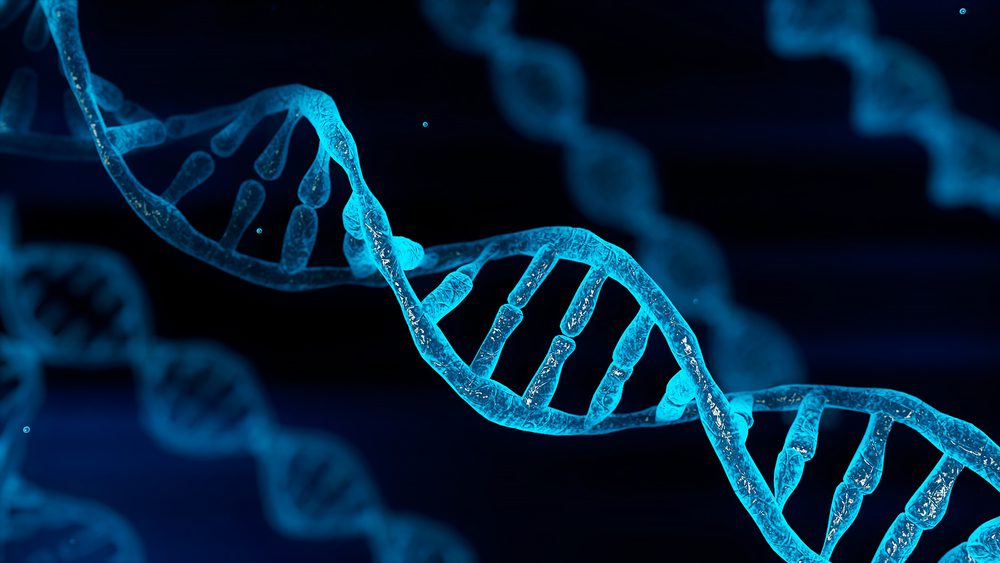With the newer technology and all of the medical advancements, cancer breakthroughs appear more often than they did in the past. This is amazing considering that last year, 608,570 Americans died of cancer.
Labs around the world are constantly working to make this world a better place, and researchers are making little steps toward curing cancer.
Chances are that you know someone who has had this condition, or it may have even affected your life. This diagnosis often makes you ask some impossible questions.
Would you accept temporary discomfort in the hopes that the medication would extend your life? Would you be content with a year? Could it be a few months?
Let’s explore some of the most recent cancer breakthroughs and find out how they can save our lives.

1. Breast cancer’s ability to spread throughout the body has been linked to gene
Doctors from the European Institute of Oncology in Italy found out that there is a gene in our bodies called EPN3, and it has a significant role in the spreading of breast cancer. This gene helps the cancer grow in other organs and around the body.
The specific mechanism by which this gene functions has been figured out by researchers, who propose that EPN3 might be a new target for the development of novel breast cancer medications.
2. New information accelerates the development of pancreatic cancer medications
Pancreatic cancer is one of the most lethal types of cancer that exists in this world. Only 5 to 10% of all patients are still alive five years after diagnosis, which is an extremely low percentage.
Hopefully, the cancer breakthroughs don’t stop, and researchers from the UK are taking steps toward finding a targeted treatment for pancreatic cancer.
The UK team found out that there are some compounds that inhibit the S100P protein. This protein is detrimental to the progression of the tumor, which finally leads to metastasis.
3. Reprogramming the immune system to fight cancer
Your immune system is kind of a guardian that is monitoring what happens in your body and, when it finds something that is not working well, is trying to remove the problem. That means your immune system is theoretically hunting down cancer cells, trying to stop them before they become tumors.
Sadly, cancer can get through security by being sneaky. It has the ability to release chemicals or recruit the help of other cells that prevent T cells from carrying out their function, sort of like sneaking a powerful sedative past these immune systems.
Immunotherapies treat cancer by overcoming these mechanisms. And there is a new one out there, chimeric antigen receptor T-cell (CAR T) therapy, and it is becoming more and more clear that it will become the best tool in fighting this condition.
In CAR-T, researchers take a sample of a patient’s T cells and genetically modify them, teaching the T cells to detect a new antigen on the malignancy and latch onto it.
4. Cancer cells might be stopped from spreading by blocking molecules on their surfaces
Doctors from the University of the Basque Country in Spain took part in the series of cancer breakthroughs and discovered that a protein that can be found on the surface of the cancer cell plays an important role in the spreading of the illness.
According to research, inhibiting this protein can stop cancer cells from undergoing some of the changes necessary for their ability to spread throughout the body.
This discovery is amazing and has started the development of new therapies that are meant to fight this condition.
5. There is new data showing how certain cells might help cancer dodge the immune system
Scientists and doctors at Manchester University also took part in the new cancer breakthroughs that will definitely change how medicine works. They have discovered that there are certain cells in our bodies that are attracted by tumors and help them dodge the immune system.
Cancer cells are producing some unique molecules that can hopefully be blocked by using targeted drugs. If the drugs manage to block the specific molecules, the immune system can recognize and destroy the cancer cells.
6. Brand new blood tests
As we do not yet have a cure for late-stage cancer, scientists decided to approach this in a different way. What they decided was to find a way to identify the cancer early on so the patients could begin the treatment as early as possible.
Colonoscopies, mammograms, and blood tests are some of the current early-detection methods for certain cancers. However, there is no such test for many other types of cancer. And this is troublesome when the damage is already done.
One of these cancers that is hard to detect early is ovarian cancer. 90% of ovarian cancers are detected at stages 3 and 4, and usually, this is already too late. Scientists are now trying to create a blood test that can identify ovarian cancer early.
Cancer is known to release genetic material into the bloodstream. The new blood test needs to be sensitive enough to detect cancer signals. Also, the test needs to be specific enough to not give false-positive results that can alarm thousands of patients.
Bioengineering is now focusing on neomers. These are small segments of the DNA that are not altered in normal tissue, but when it comes to cancer, they suffer various changes. Doctors want to find a specific pattern that can accurately indicate the type of cancer.
The cancer breakthroughs that have emerged lately will surely help us fight this condition much better.

7. A new prostate cancer treatment might be available within four years
Pancreatic cancer is one of the most dangerous types of cancer, but hopefully, scientists have found a new and effective treatment for it. S100P, a protein known to be present and help in the growth and metastasis of pancreatic cancer as well as various other tumors, was shown to be inhibited by several new compounds.
Of all the cancer breakthroughs, scientists hope that this one will lead to the discovery of new medicines that will be able to slow down the spread of pancreatic cancer. Also, this new method should make the already existing treatment more effective.
In order to try to identify this new drug, they created a computer-generated simulation of the S100P protein, and then they tried to see what drug compounds could fit into the protein and be able to stop it from functioning. From this, they discovered a number of substances that may specifically target pancreatic cancer cells.
The research is still in its early stages, but we should not lose hope. The new findings will be available and ready to use within a few years. The next steps will be to find a way to block the S100P protein more effectively without affecting other proteins in the body that might resemble this one.
These are just some of the cancer breakthroughs that have happened in the last few years. There is more that you can discover, and we are sure they will save the lives of many people.
If you are eager to find out more about bioengineering and the ways it can help people, the following book might help you: Marks’ Basic Medical Biochemistry: A Clinical Approach
You should also read: Scientists Will Soon Be Able to Build These 7 Organs From Scratch














